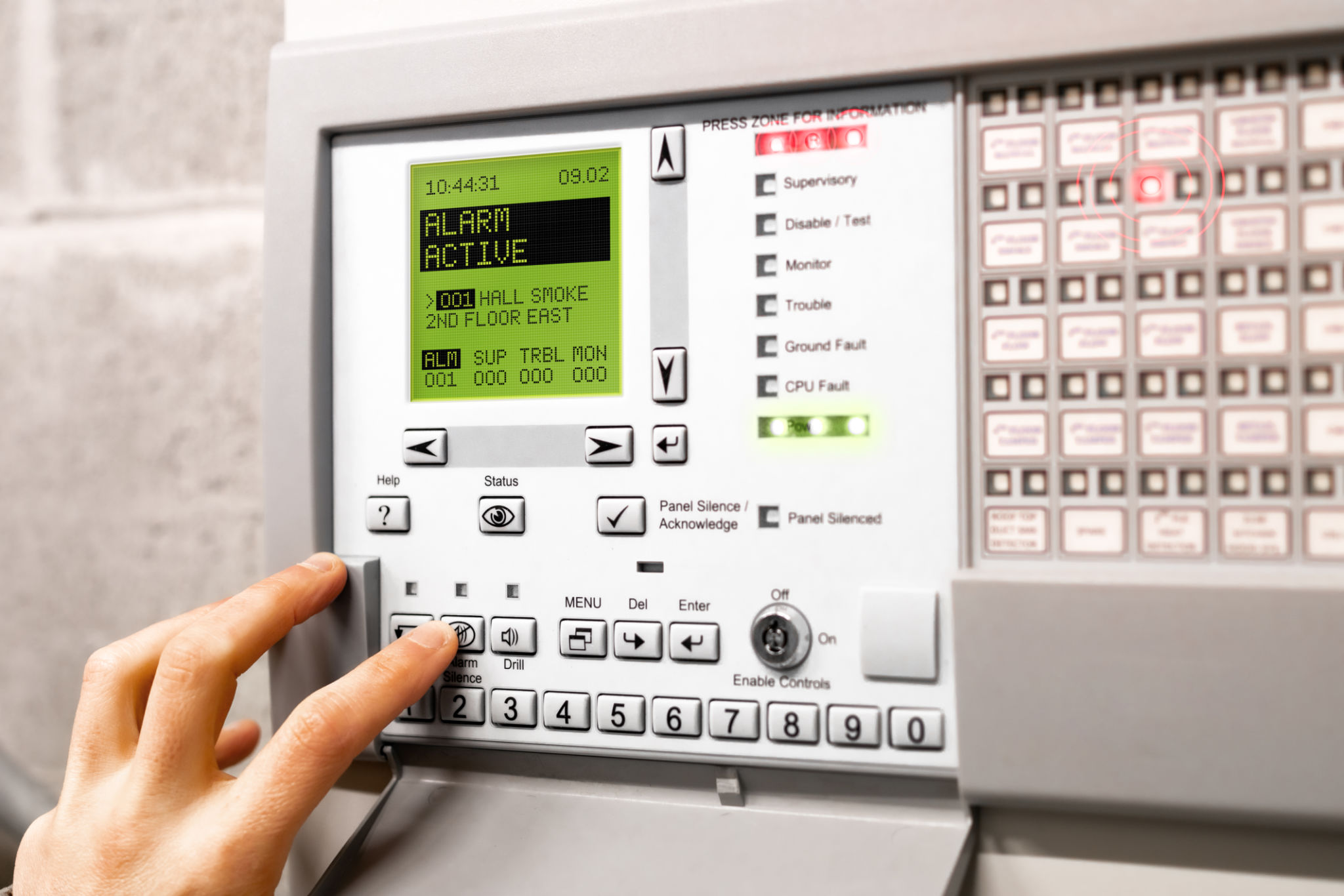The Importance of Regular Fire Alarm Maintenance and How to Do It
The Importance of Regular Fire Alarm Maintenance
Fire alarms are a critical component of any building's safety infrastructure. They serve as the first line of defense in alerting occupants to the presence of fire, giving them the precious time needed to evacuate and allowing emergency services to respond promptly. Without regular maintenance, however, these life-saving devices can become unreliable, potentially leading to disastrous consequences.
Ensuring the reliability of your fire alarm system is a responsibility that cannot be overstated. Regular maintenance ensures that all components are functioning correctly and that the system is capable of detecting a fire promptly. Neglecting this essential task can lead to malfunctioning alarms or false alerts, both of which can be hazardous in emergency situations.

Understanding Fire Alarm Components
To appreciate the importance of maintenance, it's helpful to understand the key components of a fire alarm system. Typically, these systems include smoke detectors, heat detectors, manual pull stations, and alarm control panels. Each component plays a vital role in detecting fire and alerting occupants.
Smoke detectors are designed to identify smoke particles in the air, while heat detectors respond to an increase in temperature. The manual pull stations provide a way for building occupants to manually trigger an alarm should they detect a fire. Finally, the control panel monitors all these devices and sounds the alarm throughout the building if a fire is detected.
The Steps for Effective Fire Alarm Maintenance
Routine maintenance should be performed by qualified professionals who understand the intricacies of fire alarm systems. Here are essential steps involved in maintaining these systems:
- Visual Inspection: Regularly check all components for signs of wear or damage.
- Functional Testing: Test smoke and heat detectors to ensure they respond correctly.
- Battery Check: Replace batteries as needed to ensure they are always charged and ready.
- System Recalibration: Adjust system settings to optimize performance.
Each step is crucial to ensuring that your fire alarm system remains in optimal working condition, ready to protect both property and lives at a moment's notice.

Benefits of Regular Maintenance
The benefits of maintaining your fire alarm system extend beyond immediate safety. Regular maintenance can lead to cost savings by reducing false alarms, which can incur fines in some jurisdictions. Moreover, well-maintained systems often have longer lifespans, reducing the need for costly replacements.
Additionally, adhering to local fire codes and regulations often requires proof of regular maintenance. This compliance not only avoids potential legal issues but also demonstrates your commitment to safety for employees, tenants, and visitors.
Choosing the Right Maintenance Provider
Selecting a reputable maintenance provider is essential for ensuring the thorough inspection and testing of your fire alarm system. Look for providers with certifications and experience in handling various types of systems. They should offer comprehensive service plans that include regular inspections, emergency repairs, and detailed reports.

By partnering with an experienced provider, you can trust that your fire alarm system remains reliable and effective, providing peace of mind that comes from knowing you're prepared for any emergency.
In conclusion, regular fire alarm maintenance is not just a regulatory requirement but a crucial safety measure. By keeping these systems in peak condition, you protect lives and property while also fulfilling legal obligations. Make it a priority to schedule regular checks and partner with trusted professionals to ensure your alarms are always ready to respond.
